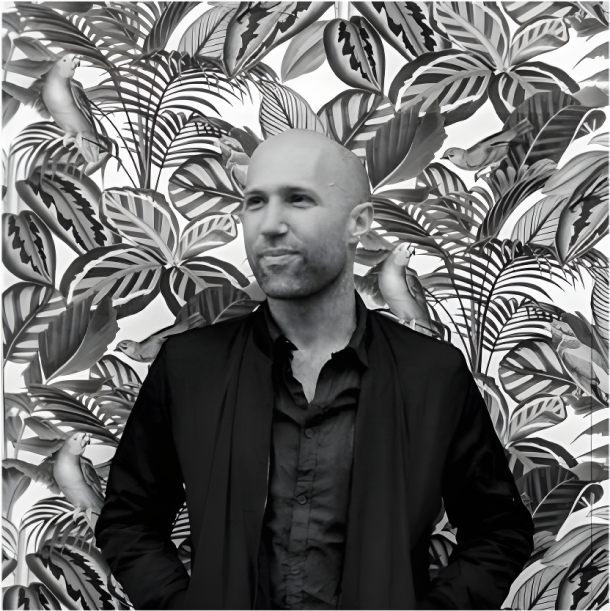Matt Stempeck
Curator, Civic Tech Field Guide * he/him

Matt Stempeck (he/him) is a writer, researcher, technologist, and activist. He’s been researching and building civic technology since 2005, and looks for creative ways to make the world better through electoral and social campaigns, government, research, and journalism.
Matt curates the Civic Tech Field Guide, the most comprehensive collection of democracy tech projects in the world. And he’s Technologist in Residence at Cornell Tech, where he organizes the Siegel PiTech Impact Fellowship, embedding highly technical PhD students with public interest organizations across sectors.
In 2016, Matt led the Digital Mobilization team at Hillary for America, which included the campaign’s voter registration, peer organizing, and SMS technologies and programs. Matt also served as Director of Civic Technology at Microsoft in New York City. He’s now based in Lisbon, where he work on engagement projects with a creative collective appropriately known as the Bad Idea Factory.
Matt became/earned a Master of Science at the MIT Media Lab’s Center for Civic Media. While at the Media Lab, he quantified global media attention to stories like Trayvon Martin’s, designed a peer-to-peer humanitarian aid marketplace, and built an award-winning email product to fight misinformation online. Matt also hold a Bachelor of Arts with high honors from the University of Maryland College Park, where he wrote his undergraduate thesis on the disruption participatory media brought to political journalism.
To schedule a coaching session with Matt Stempeck please send an email to [email protected].
matt's recent work
Feira 2023: Reflecting, Reconnecting, and Revitalizing

The Feira @ The Global Gathering 2023: Will You Join Us There?
